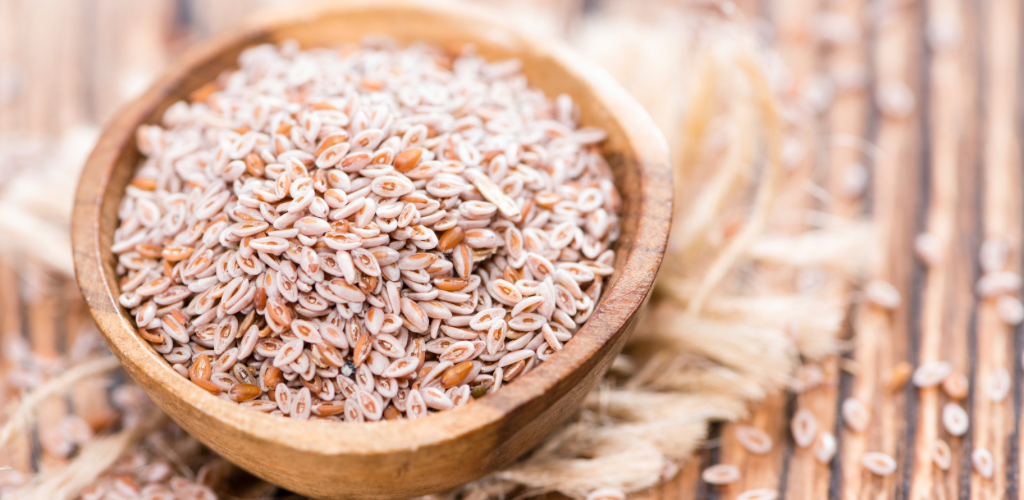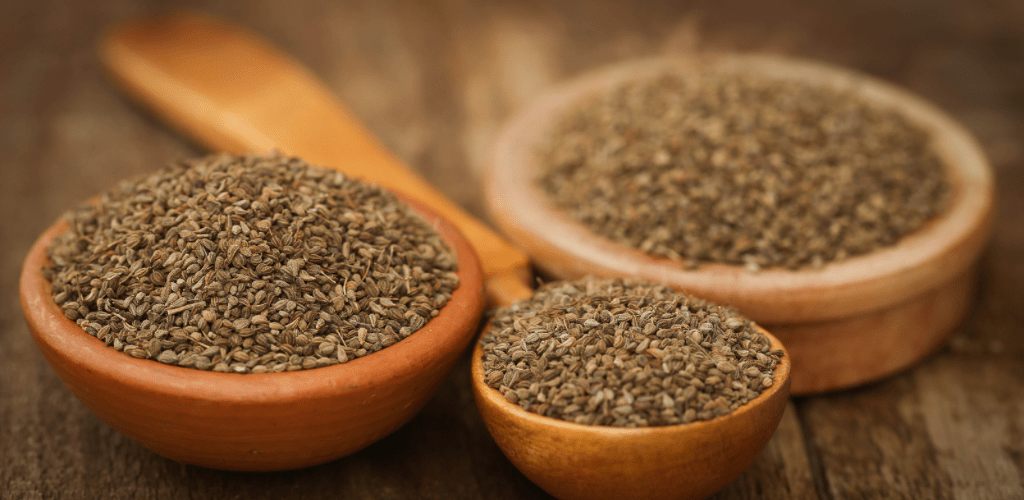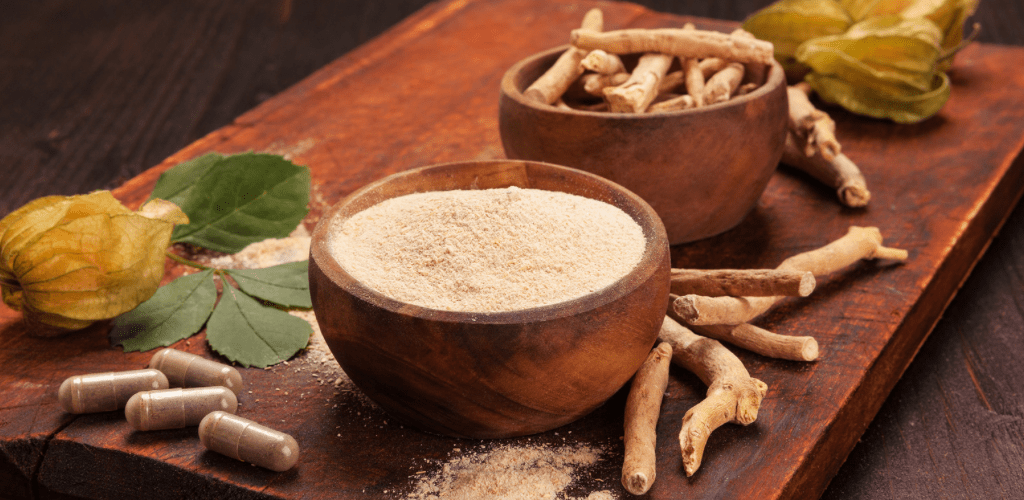Constipation is a common digestive issue that can cause discomfort and disrupt daily life. While there are various over-the-counter medications available, Ayurveda, the traditional system of medicine from India, offers natural remedies that can help alleviate the symptoms of constipation. In this article, we will explore some Ayurvedic treatments that may be beneficial in promoting regular bowel movements and improving digestion.
1. Triphala: A Gentle Laxative

Triphala is a well-known Ayurvedic herbal formulation composed of three fruits – amalaki, bibhitaki, and haritaki. This powerful combination is renowned for its gentle laxative effects. Triphala helps regulate bowel movements and supports the overall digestive process.
When consumed, Triphala helps cleanse the intestines, promoting the elimination of waste and toxins. It stimulates the digestive functions, aiding in the absorption of nutrients and the removal of waste materials. Triphala is available in powder form, and it can be consumed by mixing a teaspoon of it with warm water before bedtime. Regular use of Triphala can help promote regular bowel movements and relieve constipation.
2. Psyllium Husk (Isabgol): Adding Bulk for Easy Passage

Psyllium husk, also known as Isabgol, is a natural source of soluble fiber. It acts as a bulk-forming laxative, which means it adds bulk to the stool and aids its easy passage through the gastrointestinal tract. Psyllium husk absorbs water and swells up, forming a gel-like substance that softens the stool and makes it easier to pass.
To incorporate Psyllium husk into your routine, mix a tablespoon of it with warm water or milk and consume it before bedtime. It is important to drink plenty of water throughout the day when taking Psyllium husk to prevent dehydration. With its fiber-rich properties, Psyllium husk can help regulate bowel movements and provide relief from constipation.
3. Castor Oil: A Purgative Powerhouse

Castor oil, derived from the seeds of the castor plant, has long been used in Ayurveda for its purgative properties. When consumed in small quantities, castor oil can effectively relieve constipation by stimulating bowel movements.
The main active ingredient in castor oil is ricinoleic acid, which acts as a natural laxative. It enhances the contraction of the intestinal muscles, facilitating the movement of stool through the digestive system. Additionally, castor oil has anti-inflammatory properties that can soothe the gastrointestinal tract.
To use castor oil for constipation relief, you can either consume a teaspoon of it or apply it topically to your abdomen. However, it is important to note that castor oil should be used in moderation and under the guidance of an Ayurvedic practitioner, as excessive consumption may lead to digestive discomfort.
4. Aloe Vera: Soothing the Digestive System

Aloe vera, commonly known for its skincare benefits, also offers relief for constipation Aloe vera juice, extracted from the succulent leaves of the plant, has soothing effect on the digestive system and can help alleviate constipation.
When consumed, aloe vera juice promotes the production of mucus in the intestines, lubricating the stool and easing its passage. It also contains compounds that help improve bowel regularity and minimize discomfort associated with constipation.
Start with a small amount of aloe vera juice, about 30 ml, and gradually increase the dosage if needed. It is advisable to consult an Ayurvedic practitioner, as they can provide personalized advice based on your dosha (individual constitution) and overall health.
5. Ginger Tea: Stimulating Digestion

Ginger, a beloved spice in Ayurveda, is known for its digestive properties. Sipping on a warm cup of ginger tea can stimulate digestion and promote regular bowel movements, making it a valuable remedy for constipation.
Ginger contains gingerols and shogaols, bioactive compounds that help relax the intestinal muscles and improve gut motility. This aids in the smooth movement of food through the digestive system, preventing constipation.
To prepare ginger tea, simply slice a small piece of fresh ginger root and steep it in hot water for 5-10 minutes. You can add honey or lemon for added flavor. Enjoy this aromatic tea to aid digestion and prevent constipation.
6. Ajwain (Carom Seeds): Relieving Indigestion and Constipation

Ajwain, also known as carom seeds, is a common spice found in many Indian kitchens. Apart from adding flavor to dishes, ajwain has carminative properties that can aid in indigestion and relieve constipation.
Chewing a small amount of ajwain seeds can stimulate the release of digestive enzymes, which improves digestion and prevents the buildup of gas in the intestines. The essential oils present in ajwain have a relaxing effect on the intestinal muscles, promoting smooth bowel movements.
You can also incorporate ajwain seeds into your meals by adding them to curries, bread, or even in a homemade digestive spice blend. Ajwain not only enhances the taste of your food but also supports healthy digestion and combats constipation.
7. Fennel Seeds: Relieving Gas and Promoting Bowel Movements

Fennel seeds, widely used as a mouth freshener, can also be helpful in relieving gas and promoting regular bowel movements. These tiny seeds have carminative properties that aid digestion and prevent the formation of gas in the gastrointestinal tract.
Chewing a teaspoon of fennel seeds after meals can help reduce bloating and ease constipation. The essential oils present in fennel seeds help relax the intestinal muscles, allowing for smoother passage of stool.
Alternatively, you can make fennel tea by steeping a teaspoon of fennel seeds in hot water for 10-15 minutes. Sipping on this aromatic tea can provide relief from constipation while offering a refreshing and soothing experience.
8. Consultation and Professional Advice

While Ayurvedic remedies can provide natural relief for constipation, it is crucial to consult with an Ayurvedic practitioner before incorporating these treatments into your routine. They can assess your individual constitution (dosha) and consider any underlying health conditions to provide personalized guidance on the appropriate dosage and combinations.
If constipation persists or worsens despite trying these Ayurvedic remedies, it is advisable to seek advice from a healthcare professional. They can evaluate your symptoms comprehensively and recommend further interventions, if necessary.
Remember to listen to your body and make informed decisions about your health. Ayurveda offers a holistic approach to wellness, and these natural remedies can be valuable tools in managing constipation and promoting overall digestive health.
“Nature provides us with an abundance of remedies, and Ayurveda beautifully harnesses the power of natural ingredients to alleviate constipation. However, always remember to consult an Ayurvedic practitioner for personalized advice tailored to your needs.”




